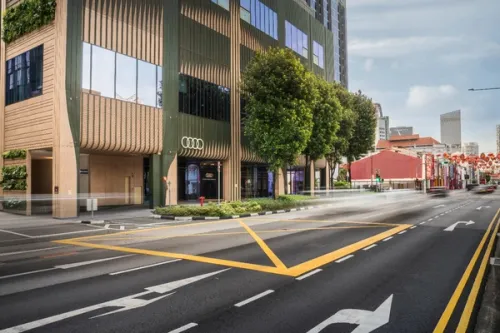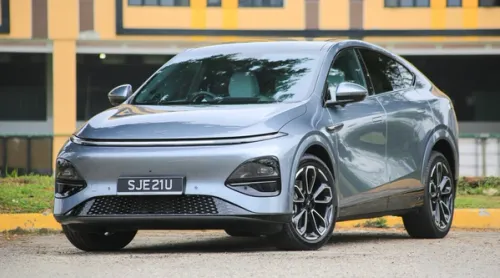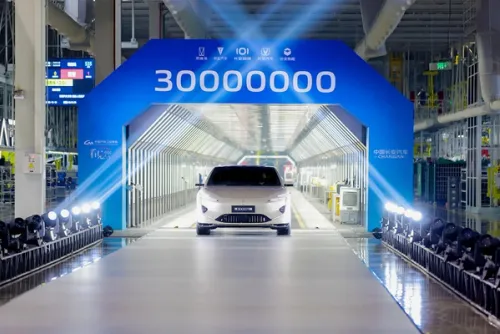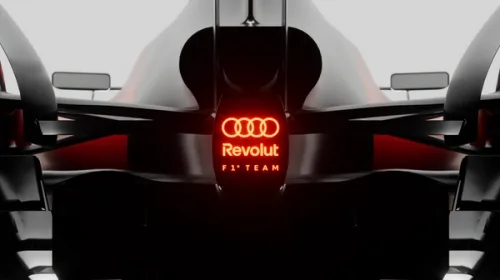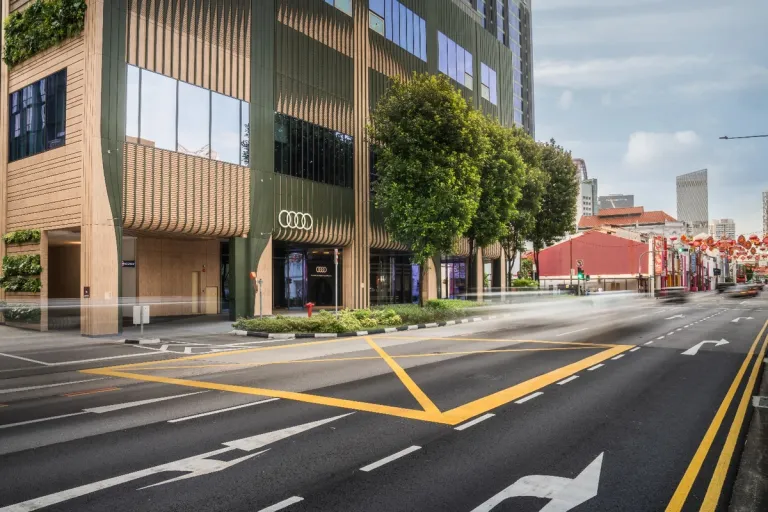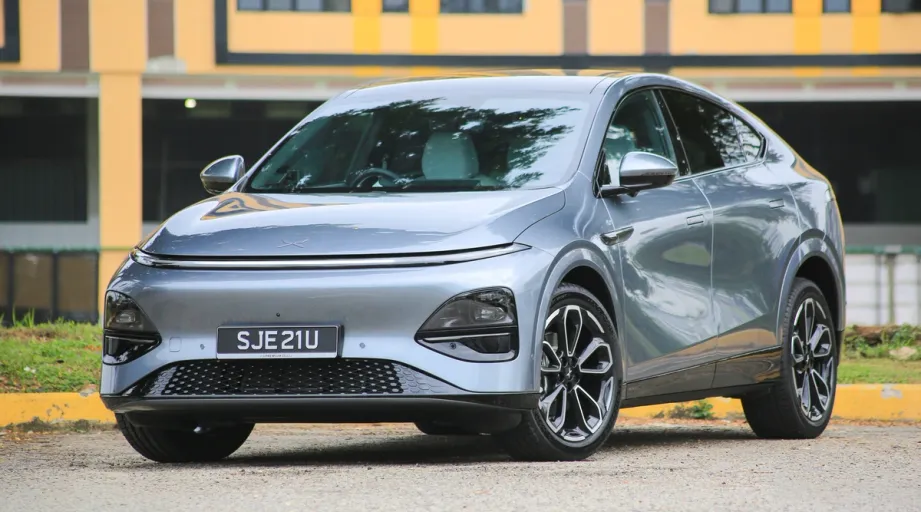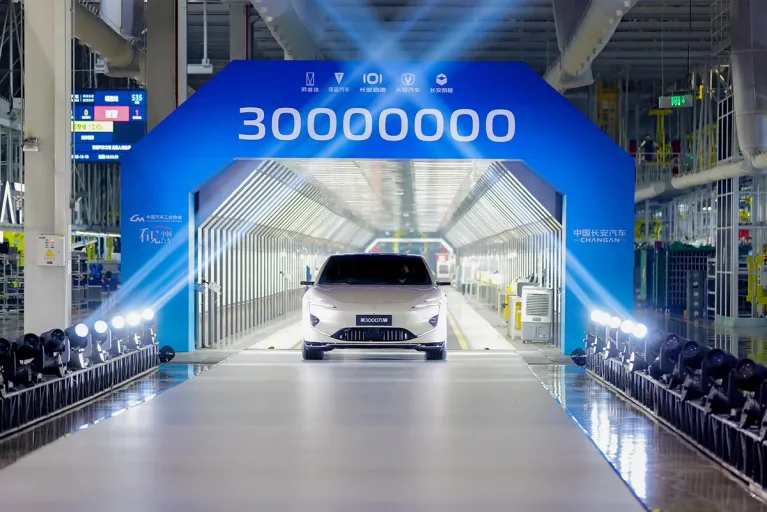What is COE and is it effective?
We explore Singapore’s unique answer to controlling the car population.

So yes, COE is effective to a certain extent but the current system obviously is biased towards the more affluent amongst us. While life is never fair, having an open bidding COE system (think of it more like an auction), the richer folks will continue to be able to live a certain lifestyle while dreams of owning a car for the average Singaporean goes up in smoke. While the government has for years tweaked the system, one thing has remained constant after each ‘fine tuning’, COE prices have gone up. Take for example the new rule change which takes into account the horsepower of a car to determine COE category. Will it actually make a difference to those who are saving to buy a car? Given that COE prices for both Category A and Category B are now within 10% of each other so unless there a major drop in demand for cars under 130hp and 1.6-litre, COE prices will not move much. Furthermore, how did LTA arrive at the figure of 130hp? It’s similar to the 40% downpayment rule. Not the blame is now placed on your (less affluent) shoulders. It’s not a lack of COE, its one’s inability to afford a car. Half full or half empty?
Perhaps COE should be balloted HDB BTO style. (Yes, we love our acronyms) If the government’s main aim is to control the car population (good) and congestion (again good), and not collect S$200million (give or take) each month from COE ‘sale’, then just make it a lucky draw. And set COE at a reasonable sum and impose a stringent bevy of rules like not transferable etc. If that sounds too socialistic, how about reverting to the closed bidding system, combined with the caveat that one pays whatever amount one bids for. This will prevent someone from bidding $1million, knowing full well, he realistically will never have to pay that under the current system where the premium is pegged at the lowest successful bid.
But I digress. Traffic congestion has to be managed in some form or another. Yes, COE is doing that. But that’s like killing mosquitoes with a flamethrower – there’s fallout to consider. Perhaps a more holistic approach would be to allow more people to own cars but to make it ‘ridiculously’ expensive to drive during peak hours to certain locations. This can be done via GPS based ERP with real time updates of the fee it’s costing the driver. Kind of like a taxi meter. One might argue that the rich can still afford to pay, hence causing gridlock – even with COE at near record high levels, people are still buying cars. But by doing it the GPS ERP way, it allows more Singaporeans to own a car which might come in useful for that medical emergency or driving to supper in the middle of the night when there’s hardly any traffic. Yes, COE is supposed to regulate the car population and traffic congestion to afford Singaporeans a better way of life. But isn’t taking the privilege and convenience of owning a car contrary to that concept?
There’s no magic bullet but the usage/GPS/ERP based system that the government have been testing is obviously viable with the only short-term downside being the filling of government coffers to the tune of S$2billion a year. But hey, this is Singapore, nothing is for free…
Credits:


Get the Best Price for your used car
from 500+ dealers in 24 hours

- Convenient and Hassle-Free
- Consumer Protection
Transparent Process
With No Obligation
